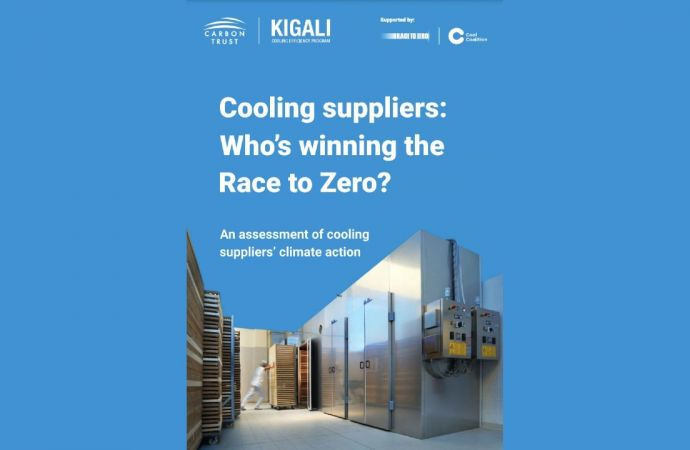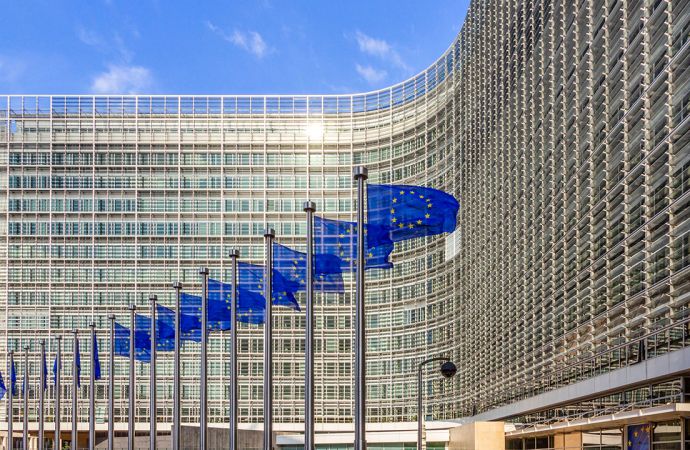The Slovak EU Presidency of the European Union is set to be particularly eventful, with the challenges posed by Brexit and the migrant crisis likely to be significant. Putting together the EU’s contribution to Montreal Protocol amendment talks and pushing forward the EU’s internal energy market plans will also be on the agenda of their presidency.

Slovakia is the current holder of the EU’s six-month rotating presidency, from 1 July until 31 December 2016.
Slovakia’s first Presidency of the Council of the European Union will be steered by Prime Minister Robert Fico’s governing coalition of centre-right and centre-left parties. Each EU Presidency steers the legislative agenda and facilitates cooperation between member states for a period of six months.
Should the United Kingdom decide to activate Article 50 of the EU Treaties within the next six months, Brexit will dominate the Council agenda throughout Slovakia’s stint at the EU helm. London is yet to formally request to leave the EU, however.
Major legislative change unlikely
The main priorities of the Slovak Presidency will be the EU’s proposed Capital Markets Union, the completion of Economic and Monetary Union, delivering on the Energy Union and furthering the completion of the Single Market, as well as external relations with a particular focus on the Eastern Partnership.
The Slovak Presidency says it “privileges the safe use of nuclear energy to reach the 2030 targets” of cutting emissions by 40% compared to 1990 levels, having 27% energy savings and making renewables 27% of energy consumption.
From a legislative point of view, however, the next six months are unlikely to see major changes regarding EU climate policy. The Slovak Presidency will oversee proposals to amend the EU Emissions Trading Scheme (ETS), the revision of the Energy Labelling Directive, and the implementation of the Energy Security Package.
Foreign Affairs Minister Miroslav Lajčák has spoken to the media about the need for member states to take greater control over the agenda of the EU.
“I think this is logical, because this is where European citizens live. They live not in institutions, they live in the member states. So it’s logical that European policy should be driven by the member states, by the agreement of our democratically elected heads of government,” Lajčák said.
“All of our leaders are excellent communicators, because this is why they are winning elections, so how come the Union as a whole is unable to communicate with its citizens in a way they understand?” he said.
Montreal and f-gas phase-down
Slovakia, as the EU presidency holder, and the European Commission will lead upcoming negotiations on behalf of the EU during global HFC phase-down discussions in the framework of the Montreal Protocol.
The 28th Meeting of the Parties, set to take place on 10-14 October in Kigali, Rwanda, will be of crucial importance for moving forward on a worldwide HFC phase-down.
Slovakia will also play a key role in coordinating the EU’s position at COP22 in Marrakesh in Morocco. Taking place on 7-18 November, COP22 will serve as a follow-up meeting to the Paris Agreement agreed at COP21 at the end of 2015.
Related stories



